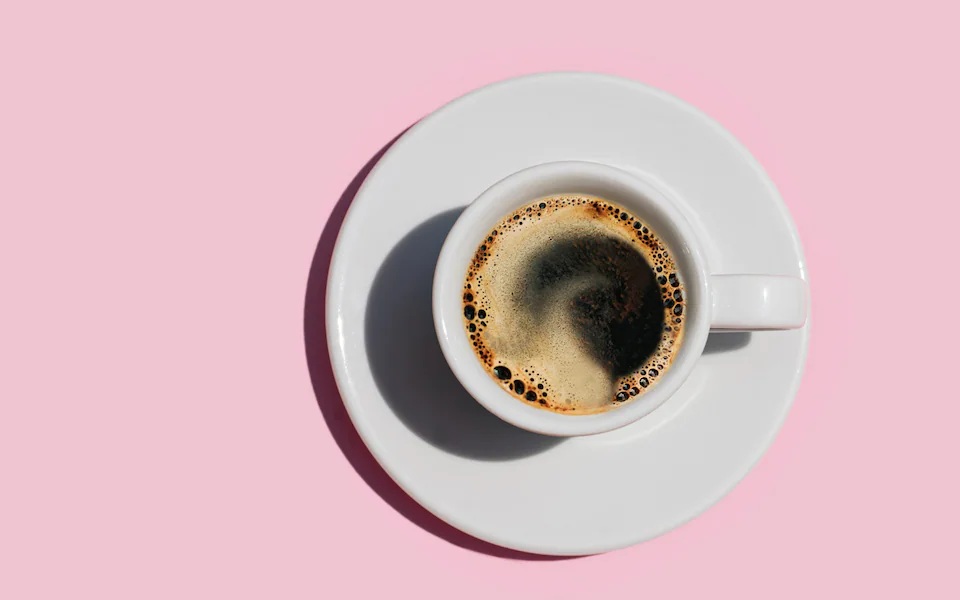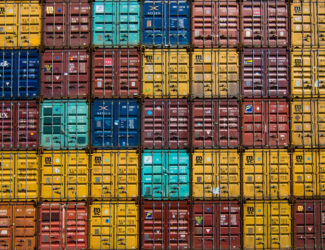
EU Bans Caffeine as a Pesticide, Sparking Controversy and Political Backlash
The European Union has issued a new regulation banning the use of caffeine as a pesticide, citing concerns over its potential harm to human health. The decision, published in Commission Implementing Regulation (EU) 2024/2766, states that caffeine poses potential risks when swallowed and lacks sufficient safety data to be approved for agricultural use. However, this ruling has ignited a political and cultural debate, with critics arguing that it may be a step toward excessive regulation on coffee itself.
Why Ban Caffeine as a Pesticide?
The European Commission justified its decision by pointing to scientific research suggesting that caffeine, when ingested in high concentrations, could negatively impact human health. The report raised concerns over its effects on the heart, hydration, body temperature, and its potential to cause anxiety and sleep disturbances.
The ban primarily targets the agricultural use of caffeine-based pesticides, which have been employed as a natural method to control snails and slugs in crops like cabbage and potatoes. Farmers have used caffeine solutions to deter pests, arguing that it is a more environmentally friendly alternative to synthetic chemicals. However, EU regulators determined that the potential risks to human health and the environment outweigh the benefits.
The regulation states:
“There is scientific evidence that caffeine is harmful to humans if swallowed. The data is insufficient to assess the risks for individuals who work with caffeine or live near areas where it is processed.”
The Science Behind Caffeine’s Risks
Caffeine, a naturally occurring stimulant found in coffee, tea, and energy drinks, is one of the most widely consumed psychoactive substances in the world. While moderate consumption is generally considered safe, high doses can cause adverse effects, including:
- Increased heart rate and blood pressure, potentially leading to cardiovascular issues.
- Dehydration due to caffeine’s diuretic properties.
- Disruptions in body temperature regulation.
- Anxiety and sleep disturbances.
According to the U.S. Food and Drug Administration (FDA), consuming large quantities—around 1,200 mg in a short time—can cause severe side effects such as seizures and cardiac dysrhythmias. However, the amount typically found in coffee and other beverages is far lower than this threshold.
The EU’s ruling focuses on caffeine in concentrated agricultural applications, rather than in beverages. However, critics fear this could be the first step toward broader restrictions on caffeine use.
Political and Industry Backlash
The EU’s decision has sparked outrage among European politicians, coffee industry leaders, and consumers, who see it as unnecessary interference by regulators in Brussels.
Danish MEP Anders Vistisen, a prominent critic of EU overreach, condemned the ruling:
“More unwelcome and needless interference from meddling bureaucrats in Brussels! What is this all leading to? Are they seriously going to eventually force us to drink decaffeinated coffee? It’s becoming ridiculous.”
Vistisen also compared this to a past EU attempt to regulate cinnamon levels in Danish pastries, which nearly led to a ban on traditional cinnamon rolls before local bakers successfully lobbied for an exemption.
“A few years ago, the EU wished to ban cinnamon on Danish pastries, and the bakers union had to fight to keep our traditions alive. It would suit everyone much better if many of these matters were left to national competence and personal choice.”
This sentiment is echoed by farmers and agricultural researchers, who argue that caffeine-based pesticides provided an alternative to synthetic chemicals and that banning them could limit eco-friendly pest control options.
What Does This Mean for Coffee?
Despite fears that the regulation could eventually lead to stricter controls on coffee, the EU has not proposed banning caffeine in food or beverages. However, coffee industry leaders remain cautious, fearing that increased scrutiny on caffeine’s health effects could lead to further restrictions in the future.
For now, coffee drinkers can still enjoy their daily brew without concern. However, the debate highlights growing tensions between scientific regulation and cultural traditions, raising broader questions about how the EU balances public health, agricultural sustainability, and personal freedoms.
Conclusion
The EU’s decision to ban caffeine as a pesticide is framed as a precautionary move to protect human health. However, the ruling has fueled concerns about regulatory overreach, with critics warning that it could set a dangerous precedent for further restrictions on caffeine consumption.
As debates continue, coffee remains a staple of European life, but the question lingers: Could future regulations tighten control over how it is consumed? For now, coffee lovers can sip their espresso in peace—but the discussion over caffeine’s role in society is far from over.



